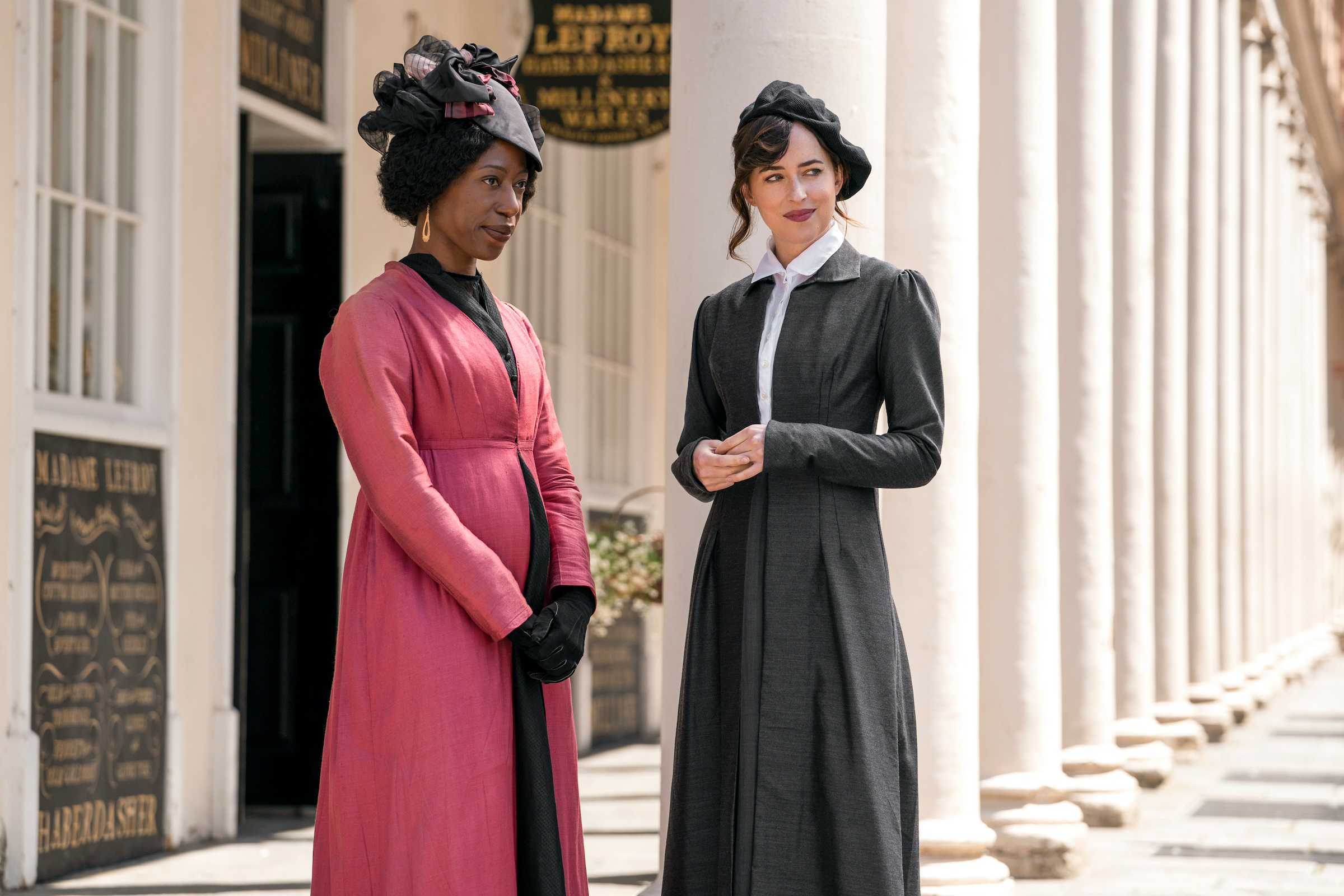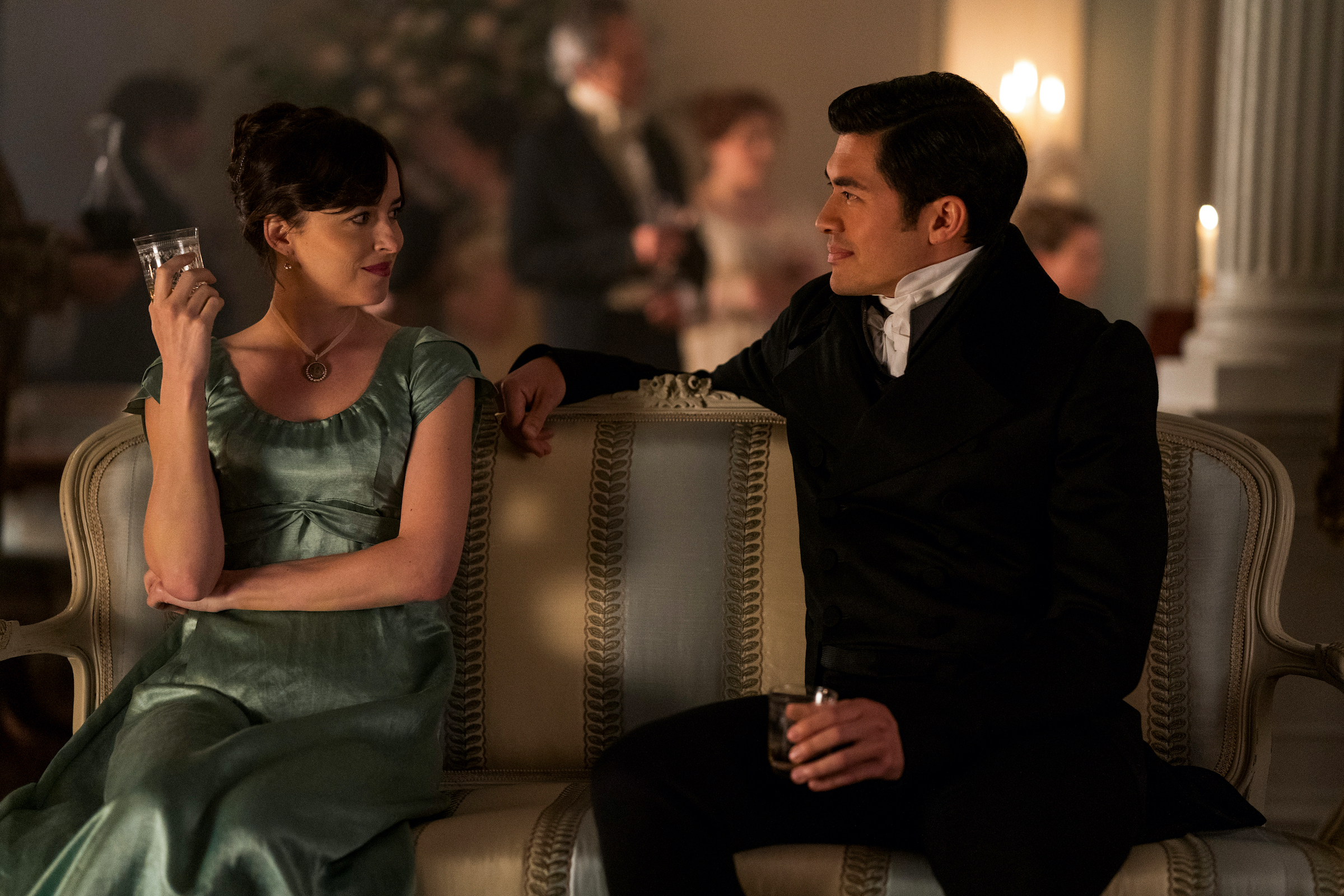For nearly 200 years, Jane Austen belonged to anybody who had the good fortune to find their way to her books. Emma, Pride and Prejudice, Sense and Sensibility: these shrewdly observed novels about manners and mores among the well-heeled English of the early 19th century—and about the position of women, specifically, in that world—are among the most pleasurable reading experiences any writer has ever given us. But around 1995—the year of the explosively popular TV miniseries Pride and Prejudice, of Ang Lee’s elegant movie version of Sense and Sensibility, and of Clueless, Amy Heckerling’s delightful riff on Emma—Austen’s popularity, which had remained steady and true among both men and women through all those decades, began to skyrocket. Her superpopularity had a downside: it bred a population of Austen purists who seem to think they understand her motives better than even she herself did.
Today, any Austen interpretation faces a tough crowd. That’s certainly true of Carrie Cracknell’s Netflix adaptation of Persuasion, whose trailer, when it dropped in mid-June, drew hoots of derision from all corners of the internet. Many noted with disdain that Cracknell’s Persuasion looked like a comedy—a complaint with some merit, given that Austen’s final novel, released after her death in 1817, is a comparatively pensive, searching book. Her understated humor vibrates in the background, but it’s hardly the main feature.
Even so, the ferocity of the Austenites’ possessiveness—fomented by a mere piece of advertising, crafted to appeal to the widest possible swath of the population—is unbecoming at best. It’s also dazzling in its lack of originality: the virulently pro-Austen brigade is really just a subset of the larger and even more annoying “The movie can never be as good as the book” crowd. Movies are their own creations. The likelihood that a film adaptation can match, with complete verisimilitude, your own vision of your favorite book is like wishing that a leopard could be an elephant.
Read more: Here’s Everything New on Netflix in July 2022—and What’s Leaving

Sign up for More to the Story, TIME’s weekly entertainment newsletter, to get the context you need for the pop culture you love.
Unfortunately, Persuasion isn’t a great movie, maybe not even a good one. But its problems are failures of filmmaking, not necessarily of adaptation: Cracknell, who has until now worked largely in theater, may make some choices that undermine her aims, but she gives no indication of being careless with the material—her affection for it comes through.
Dakota Johnson stars as Anne Elliot, the youngest daughter of a preening baronet (Richard E. Grant) who has fallen on hard times. Anne is bright and sensible and kind, but neither her father nor her two sisters appreciate her. And at 27, she remains unmarried, with no prospects on the horizon. Eight years earlier, she’d been deeply in love with a young naval officer, Frederick Wentworth (Cosmo Jarvis), and he with her. But a close family friend, Lady Russell (played by the marvelous Nikki Amuka-Bird), had urged her to break off the couple’s secret engagement, believing the match beneath her. When Wentworth, now wealthy and well-regarded, re-enters Anne’s family orbit, she’s forced to pretend she no longer cares for him.

This Persuasion is peppered with anachronistic language—Anne refers to Wentworth as an “ex,” hardly the lingo of Regency England—and the heroine often addresses the camera head-on, confessing her thoughts and feelings directly to us rather than allowing them to hover in voice-over nowheresville. Though cheesy, those aren’t the worst filmmaking choices; they underscore the story’s timelessness rather than defying it. But Cracknell stumbles in other areas: the movie’s score (by Stuart Earl) leans too heavily on the kinds of plinky piano passages—what I call tiptoeing-elf music—common in romantic comedies of the 1990s and generally used to signal that a heroine is about to fall into a mud puddle or the like. And in one truly egregious example of dumb slapstick, Anne, with a smear of jam on her face, impersonates Wentworth to amuse her young nephews, not realizing he has just entered the room.
Part of that sequence is included in the movie’s trailer, and you can’t fully blame the Austenites for blanching at it. But there’s still plenty to appreciate in this Persuasion: the costumes are stripped down to an earthy elegance—simple linen coats take precedence over the usual coy, big-brimmed bonnets. And we may have the success of Bridgerton to thank, at least partly, for Persuasion’s inclusive casting, but this is the direction all adaptations of classics should be moving in. These stories belong to everyone.
And if Johnson flails in some of the movie’s jokier moments, she’s subtly moving in its quieter ones. Both she and Cracknell grasp what’s at stake for Anne: it’s rare to get a second chance at happiness, especially after you’ve let others talk you out of following your own instincts. Johnson plays Anne as a woman who finally knows her own mind—which also means she’s deeply in tune with her own vulnerability and fears.
There’s something else: because of this Persuasion, an astute 15-year-old Dakota Johnson fan might find his or her way to the pleasure of discovering Austen firsthand. Jane Austen doesn’t care if we’ve studied the precise way in which a piece of voile should be gathered into the perfect Empire bodice. In fact, she’d probably be embarrassed by all the overkill defensiveness on her behalf. She’ll live forever, both because of her die-hard fans and despite them. All she needs is for us to keep reading, and that’s a legacy she ensured for herself, writing it into every perfectly considered line.
More Must-Reads from TIME
- Why Trump’s Message Worked on Latino Men
- What Trump’s Win Could Mean for Housing
- The 100 Must-Read Books of 2024
- Sleep Doctors Share the 1 Tip That’s Changed Their Lives
- Column: Let’s Bring Back Romance
- What It’s Like to Have Long COVID As a Kid
- FX’s Say Nothing Is the Must-Watch Political Thriller of 2024
- Merle Bombardieri Is Helping People Make the Baby Decision
Contact us at letters@time.com